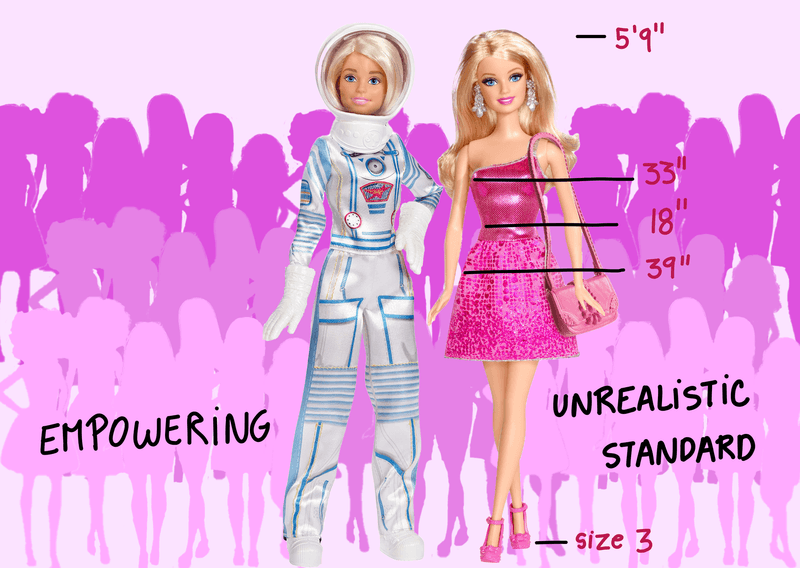Growing up under the influence of an entitled, snobby parent can profoundly shape your worldview and interpersonal skills. From expecting special treatment to having unrealistic standards, these traits often manifest in subtle, sometimes humorous ways. This blog post explores eleven clear signs that you might have been raised in such an environment, helping you reflect on your upbringing and its impact.
1. Constant Expectation of Special Treatment

Ever wondered why you feel you deserve the best seat or never wait in line? This might be a sign of being raised by a parent who always expected special treatment. Growing up in such an environment teaches you that rules apply differently to you.
You may find yourself frustrated when others don’t recognize your ‘special status,’ leading to regular disappointments in everyday situations. While this can be challenging, it’s essential to understand these feelings stem from learned behaviors. You can work towards a more balanced view of your place in the social hierarchy.
2. Struggle with Criticism

Receiving criticism can feel like a personal attack if you’re accustomed to constant praise. Entitled parents often shield their children from negative feedback, creating unrealistic expectations.
When confronted with constructive criticism, you might react defensively or feel deeply hurt. This sensitivity can make workplace interactions challenging, impacting professional growth. Understanding that criticism is a tool for improvement, and not a personal affront, is vital for overcoming this hurdle.
Gradually, you can learn to value feedback as a means to refine skills and achieve success.
3. Entitlement in Relationships

Do you often find yourself demanding more from partners than you give? This imbalance might stem from an upbringing that emphasized your needs above all else. Such expectations can strain relationships, leading to misunderstandings and conflicts.
Entitled parents may have modeled this behavior, teaching you to prioritize your desires without considering others’ needs. Recognizing this pattern is the first step towards healthier, more reciprocal relationships. By fostering empathy and communication, you can break free from entitlement’s grip and build lasting, supportive partnerships.
4. Unrealistic Standards

Having high expectations can drive success, but when they become unrealistic, disappointment follows. If you continually judge yourself and others against perfectionist standards, your upbringing might be to blame.
Parents who idolize elite status often transfer these ideals onto their children, creating pressure to excel in all areas. Understanding that mistakes and imperfections are natural allows for growth and resilience. Embracing a more flexible approach to goals can lead to a more fulfilling life, free from the constraints of unrealistic aspirations.
5. Materialism Over Values

Have material possessions always seemed to outweigh personal values in your life? This tendency is often rooted in a upbringing focused on status symbols.
Children raised in materialistic environments may equate success with ownership rather than character or accomplishments. As an adult, this can lead to a cycle of dissatisfaction, as true fulfillment eludes those chasing material wealth. By shifting focus from possessions to experiences and relationships, you can cultivate a richer, more meaningful existence.
6. Lack of Empathy

If empathy doesn’t come naturally, it might be due to parental influence emphasizing self-interest over understanding others. Children of entitled parents may struggle to connect emotionally with those around them.
This can result in miscommunications and strained relationships. Developing empathy involves learning to see from others’ perspectives, fostering compassion and kindness. Engaging in activities that require collaboration and self-reflection can aid in cultivating a deeper sense of empathy, enriching both personal and professional interactions.
7. Obsession with Image

Were you taught to prioritize appearance over authenticity? This focus on image can be a hallmark of entitled parenting. It often leads to an obsession with maintaining a façade of perfection, regardless of reality.
Striving to appear flawless can be exhausting and isolating, as true connections require vulnerability. Learning to embrace authenticity and let go of superficial concerns allows for more genuine relationships. Valuing inner qualities over outward appearances opens the door to deeper, more fulfilling connections with others.
8. Competitive Nature

Does every situation feel like a competition? This constant drive to outperform can be traced back to a childhood where only winning was celebrated. Entitled parents might instill a mindset that success is the only acceptable outcome.
While competition can foster achievement, it can also breed dissatisfaction and anxiety. Embracing a more collaborative approach, recognizing the value in team achievements, and celebrating others’ successes can lead to a more balanced, rewarding experience. It encourages growth without the relentless pressure to be the best.
9. Resistance to Change

Change can be daunting for anyone, but if you find yourself particularly resistant, it might be a sign of an inflexible upbringing. Parents who value traditionalism over innovation may inadvertently stifle adaptability.
Adapting to new circumstances is crucial in a rapidly evolving world. Learning to embrace change involves recognizing its potential for growth and opportunity. With practice, flexibility becomes a strength, enabling you to navigate life’s challenges with confidence and resilience.
10. Social Status as Identity

Do you identify more with your social status than personal achievements? Entitled parents often emphasize the importance of societal perceptions, leading children to equate worth with status.
While social recognition can be gratifying, it is a fleeting measure of identity. Building a sense of self based on personal values and accomplishments fosters true fulfillment. By focusing on intrinsic goals, you can cultivate a robust identity that thrives beyond the superficial allure of social status.
11. Difficulty with Authority

Authority figures can be challenging to respect if you’re accustomed to questioning every rule. Entitled parenting might encourage a mindset where rules are negotiable.
This attitude can lead to conflicts in structured environments such as schools or workplaces. Understanding the necessity of authority and rules in maintaining order is crucial. Developing respect for structured systems, while also learning when and how to voice opinions constructively, can help navigate these situations more effectively.
Hi all, I am Sidney, an accountant, a hobbyist photographer, and a mother to two sweet girls who are my motivation. I love sharing the tips and tricks I gained all these years I’ve been a mother. I hope it will help you!

